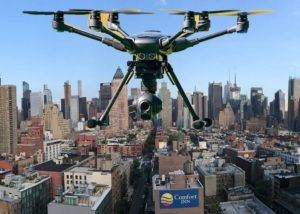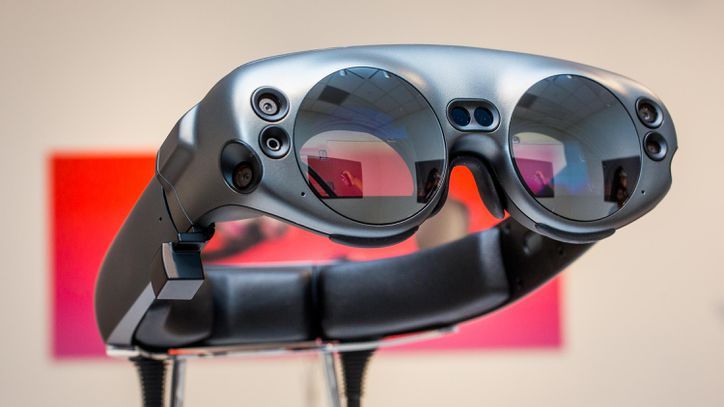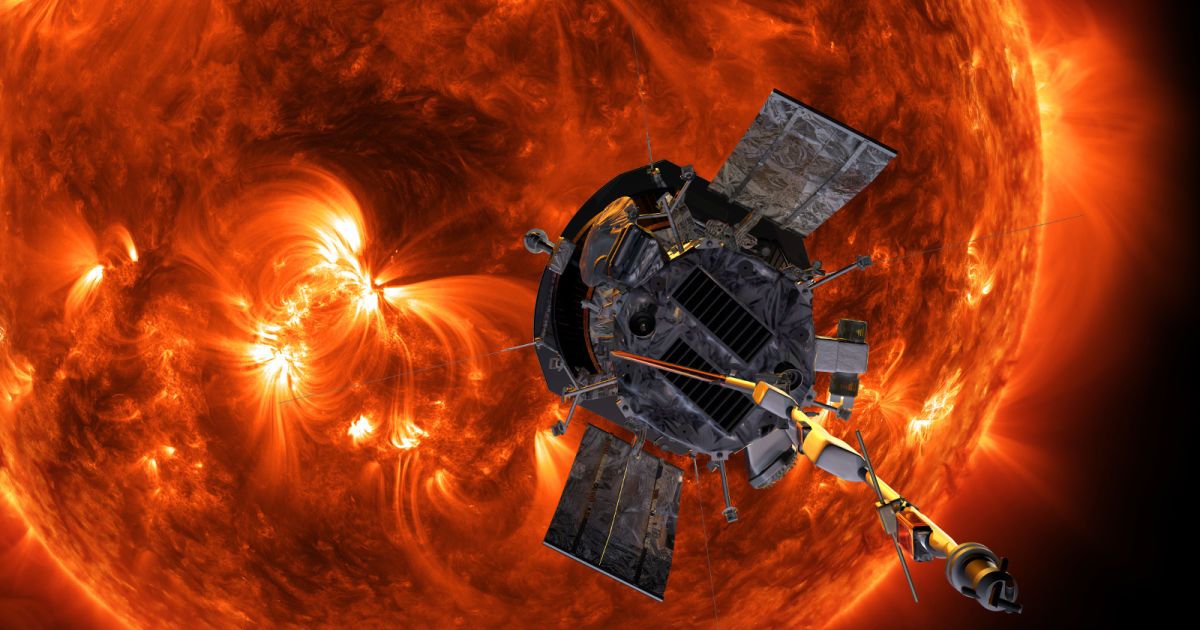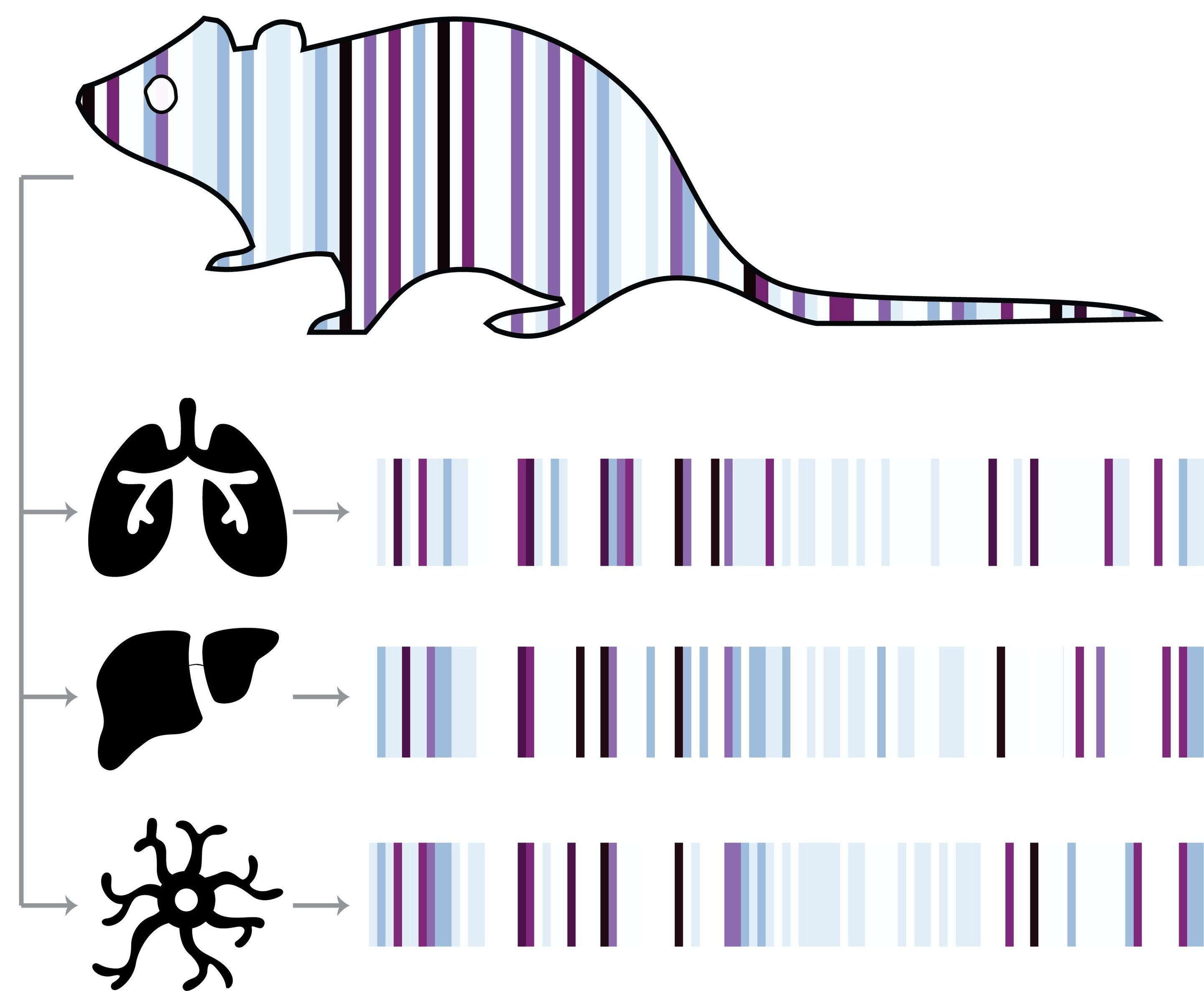Aug 10, 2018
Drone Assassination Attempt Foreshadows Future Events
Posted by Philip Raymond in categories: drones, law enforcement, terrorism, weapons
 Until this past year, consumer drones carried tiny ultralight cameras, but they just didn’t have the energy or the reserve to carry much else. They certainly could not deliver much of a product or payload. They flew for 15 minutes, lacked the capacity to carry excess weight, and had short range.
Until this past year, consumer drones carried tiny ultralight cameras, but they just didn’t have the energy or the reserve to carry much else. They certainly could not deliver much of a product or payload. They flew for 15 minutes, lacked the capacity to carry excess weight, and had short range.
But market demand sparks innovation. Amazon and Domino’s Pizza are experimenting with drone delivery. The improvements needed to serve these needs are quickly bubbling down to unlicensed weekend pilots. Hexacopters with 4K cameras, gimbals and retracting landing gear are available for under $400. Tiny foldable drones with 720p cameras are available for $35. Some models don’t even need a pilot on a joystick. You can preprogram the flight path to reach any target using GPS, or you can guide them by making gestures with your hand. The drone actually looks back over its shoulder and responds to your hand-waving commands.

Lance Ulanoff is a cartoonist and robotics fantech expert. But he shares a lot in common with Wild Ducks. He is an eclectic journalist and social media commentator.
Continue reading “Drone Assassination Attempt Foreshadows Future Events” »
















